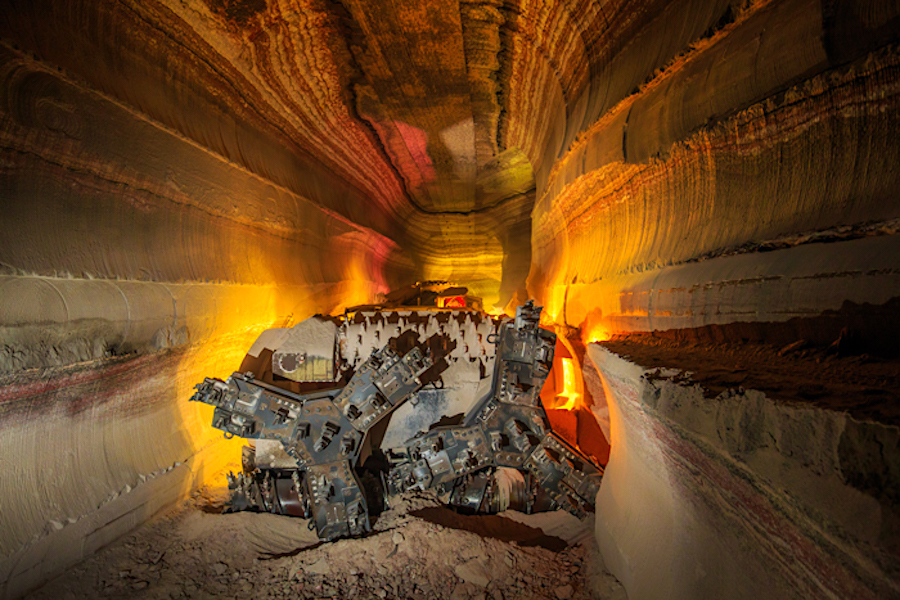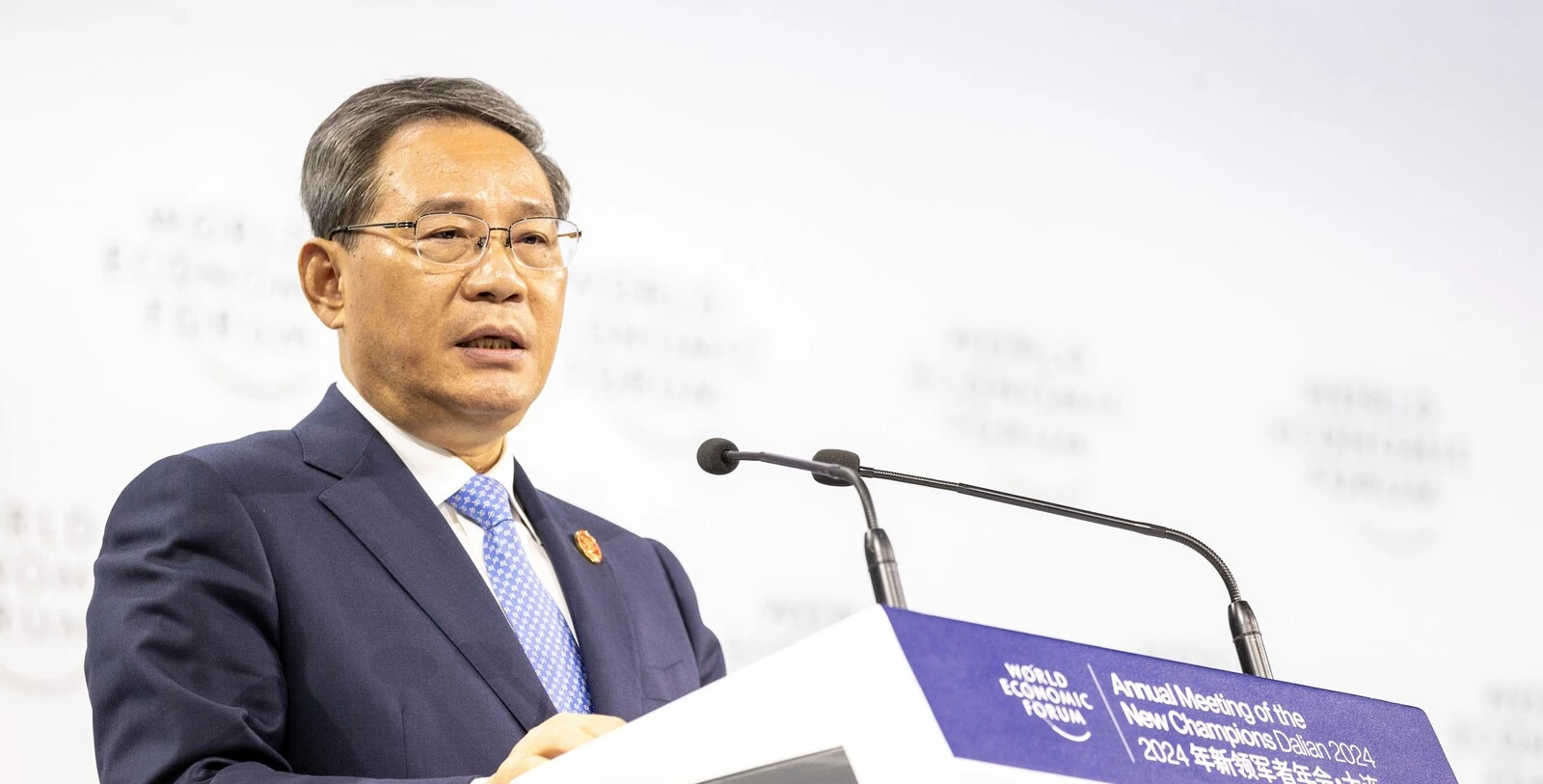Uralkali inks potash supply contract with India

Russian potash producer Uralkali has inked a supply contract with India for the rest of 2020 at $230 per tonne delivered to the buyer’s port.
The price agreed with Indian Potash Limited (IPL) is slightly higher than the $220 per tonne set by BPC and China last month, which Uralkali deemed deceptive.
The Berezniki-based potash producer said on Thursday that the deal signed with IPL reflected the current market situation, “in contrast to the commercial terms of the Chinese contract, which were considered suboptimal by most companies in the industry.”
Indian Potash Limited (IPL) will pay $230 per tonne or 10 cents more than the price set between BPC and China
The price that major users in India and China agree with a producer is then typically used in contracts with other suppliers.
Uralkali didn’t have any contracts with India or China during 2019 because of low prices and oversupply of stocks – for the first time in at least decade.
The news comes only a day after the company signed $665 million-loan with 11 international banks, at a five-year maturity.
“In current challenging market conditions it is especially important for us that not only our constant partners with long-term trusting relationships demonstrate readiness for cooperation with Uralkali, but also credit institutions that haven’t participated in previous pre-export facilities,” Uralkali chief financial officer, Anton Vishanenko, said in a separate statement.
Stockpiles at record highs
Potash stockpiles are at a record high and exporters will likely want to clear them as soon as possible, CRU senior potash analyst, Humphrey Knight, told MINING.COM.
This means it will be months before China requires significant fresh supply and, as a result, spot prices will respond accordingly in late 2020, the expert noted.
Beijing has imported 3.2 million tonnes of potassium chloride (MOP) from Russia since October 2018 and 2.4 million tonnes from Belarus in the same period, according to data from the Global Trade Tracker (GTT).
Total global sales to China in the period hit 13.2 million tonnes, with Canada leading the list with 5.2 million tonnes.
Russia’s export to China in the first quarter of this year was about 690,000 tonnes, compared to about 290,000 tonnes of fertilizer the Asian giant bought from Belarus, and 1million tonnes from Canada.
{{ commodity.name }}
{{ post.title }}
{{ post.date }}




Comments